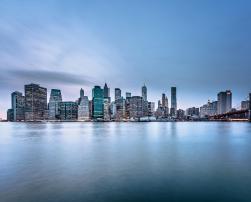
Construction accounts for 40% of global emissions. Strategies such as using sustainable materials, optimised processes and green certifications reduce emissions, waste and costs while delivering long-term environmental, economic and social benefits.

Construction accounts for 40% of global emissions. Strategies such as using sustainable materials, optimised processes and green certifications reduce emissions, waste and costs while delivering long-term environmental, economic and social benefits.

Northumbria University is using Artificial Intelligence (AI) to improve construction waste management and sustainability, promoting recycling and circular economy practices.
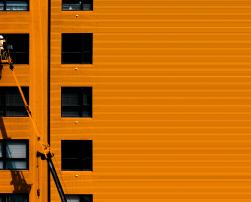
A recent McKinsey report, in collaboration with the World Economic Forum, highlights how retrofitting buildings with available technologies can reduce emissions and help achieve net-zero goals in a cost-effective manner, addressing the built environment’s significant contribution to global CO2 emissions.
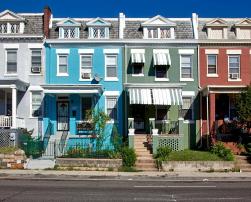
In 2025, Architects’ Council of Europe (ACE) will advocate for key architectural policies, organise events, update studies, support EU-funded projects, and promote innovation in sustainable architecture and housing.

Sustainable high-rises optimise land use, integrate sustainable technologies, and enhance energy efficiency to meet urban growth while reducing environmental impact.

Eine neue Software für LCA & ESG.
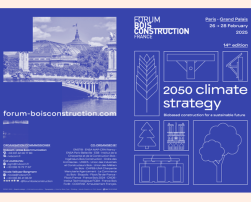
In late February 2025, the International Wood Construction Forum is returning to Paris, the world's leading centre for the biobased construction industry.
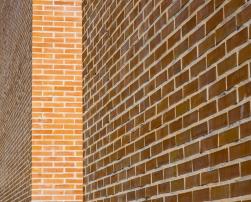
Materials passports digitally track construction materials, enabling reuse, reducing waste, and supporting a circular economy in the built environment.

The study highlights growing demand for Environmental Product Declarations (EPDs) in Germany’s building industry, driven by building certifications, EU regulations, and the need for life cycle assessments, with challenges in data availability and certification processes.

This paper presents a novel, portable recycling process for waste bitumen-based roofing materials (BBRM), producing a durable, flexible composite with superior strength and resistance, suitable for construction applications.